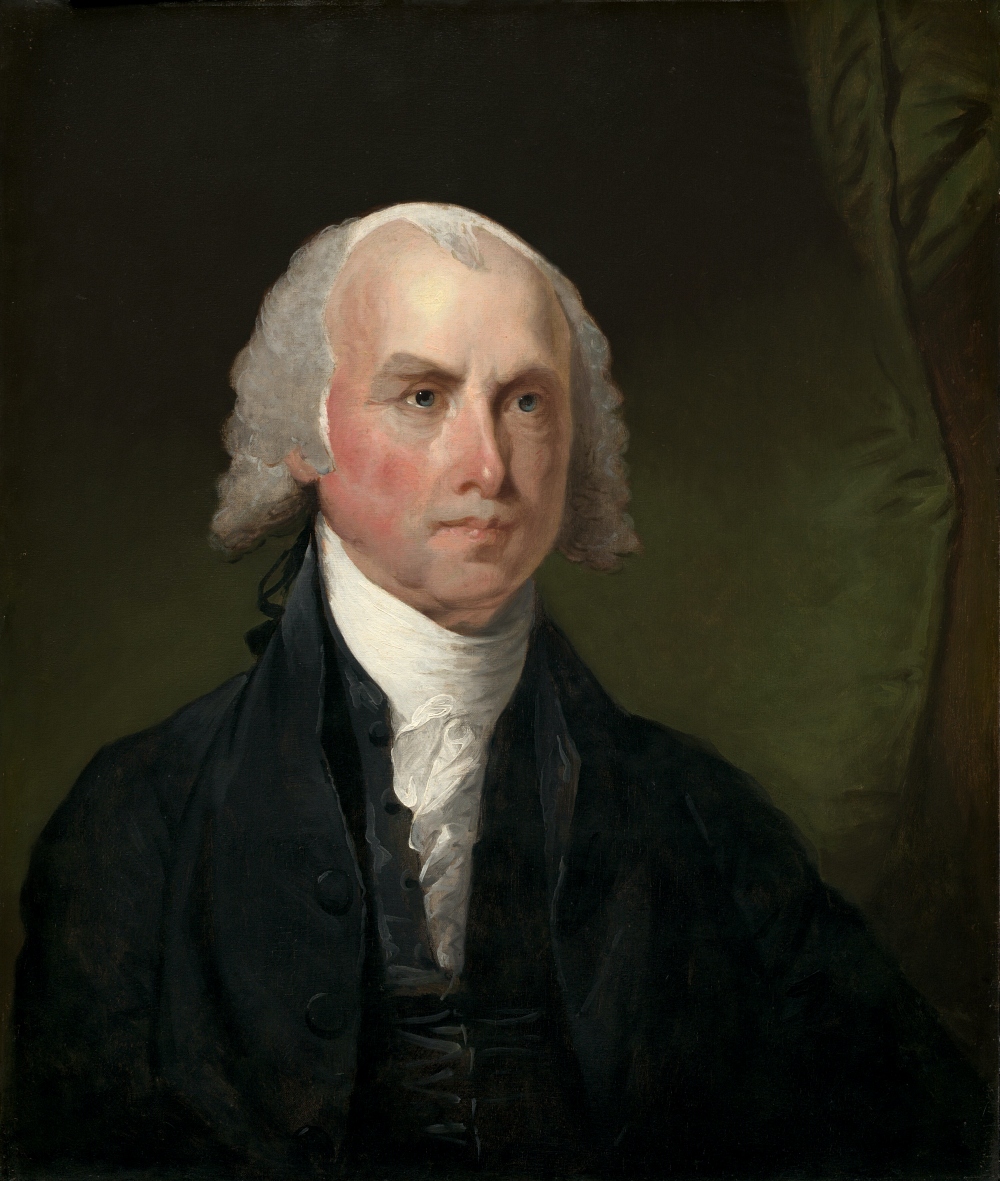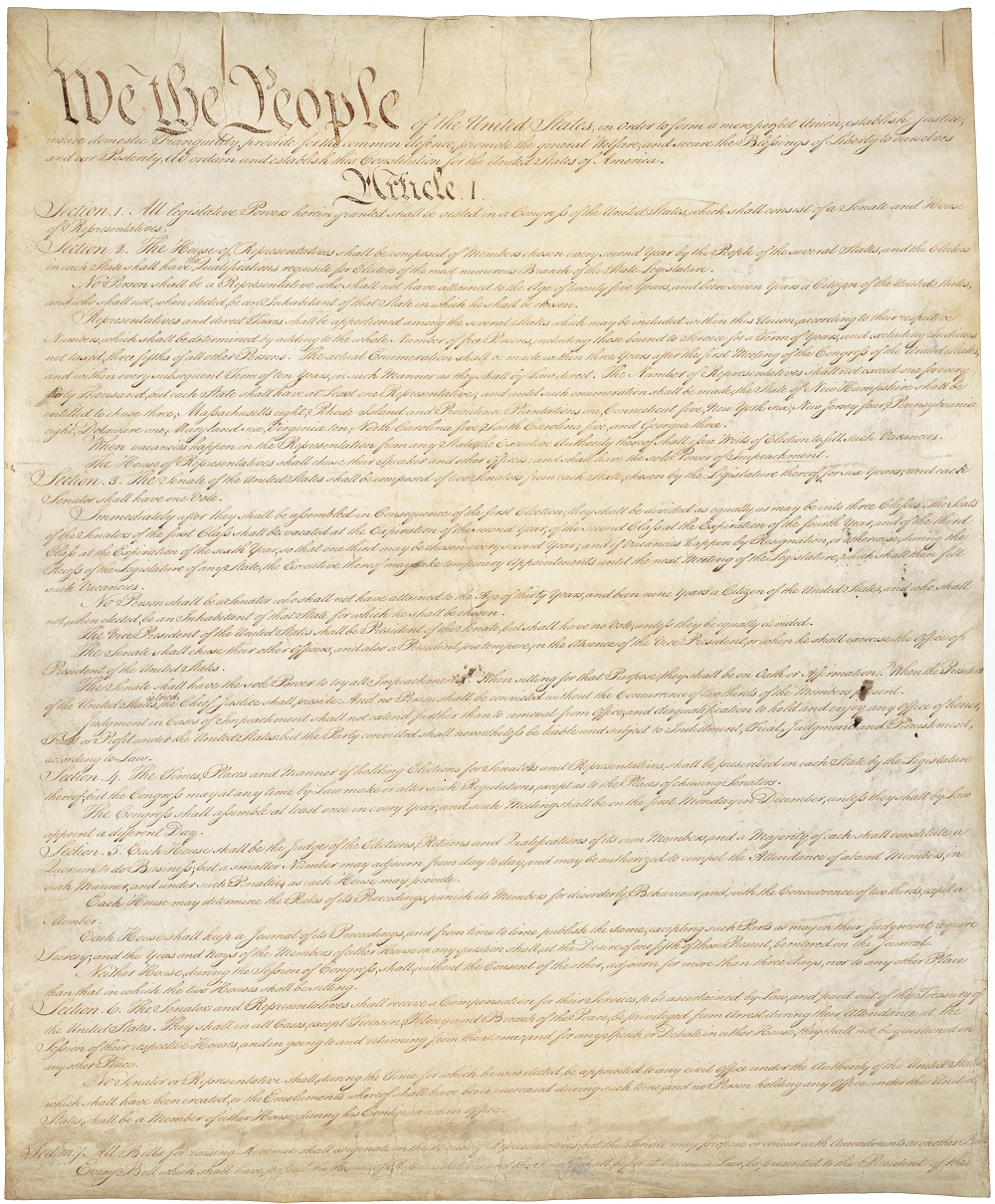How a C-Grade College Paper Turned Into the 27th Amendment
One person can sometimes make a big difference.
Back in 1789 James Madison, one of the Founding Fathers of the US, put forth the idea that Congress cannot give itself a raise until after the next election cycle. This means that the sitting Congress cannot benefit from a pay increase- only the members elected in the next term would receive the pay increase (or pay cut if that were to happen). This concept creates limits on the salaries that elected officials can get and can be especially useful in preventing pay raises for members of Congress who know they are retiring or who have good reason to believe that they won’t be re-elected. But, it took a college student to bring this idea to fruition.

In 1982 Gregory Watson was a college student writing a term paper when he came across this text, which Madison had proposed be attached to the Bill of Rights, “No law, varying the compensation for the services of the Senators and Representatives, shall take effect, until an election of Representatives shall have intervened.” By 1792 only 6 states had ratified the amendment ahead of the addition of the Bill of Rights (Maryland, North Carolina, South Carolina, Delaware, Vermont, and Virginia).
Watson was a sophomore at University of Texas at Austin and he wrote a paper on it. Sadly the teacher was not impressed with his proposal to get the 27th Amendment ratified and gave him a C on the paper. When he asked the professor to review it the paper was handed back to him with the same grade. At the time she said that Watson had not convinced her that the amendment could still be ratified.

So why wasn’t it already ratified? It takes 3/4 of the states to ratify an amendment, something that not enough states had done in 1982. Watson became determined to get to the bottom of this and started a grassroots campaign to get more states on board to bring Madison’s amendment into reality. Watson was also an aide to Texas state senator Ric Williamson and used that as a starting point for his movement.
In 1983 Maine ratified the amendment and by 1992 enough of the states were on board to bring this stature into law. Since then Watson has been called the “stepfather” of the 27th Amendment (as opposed to the Founding Fathers) and has been publicly acknowledged for his work on this issue.

To this day the 27th Amendment is the most recent addition to the US Constitution. In 2017 the University of Texas retroactively awarded Watson an A on his paper.
SKM: below-content placeholderWhizzco for DOT

